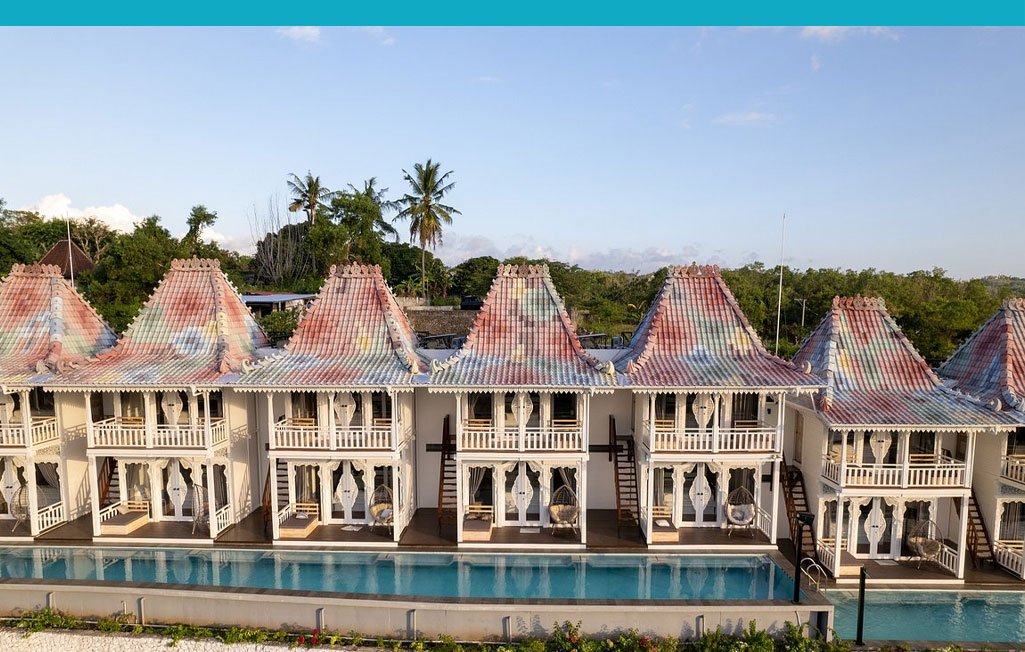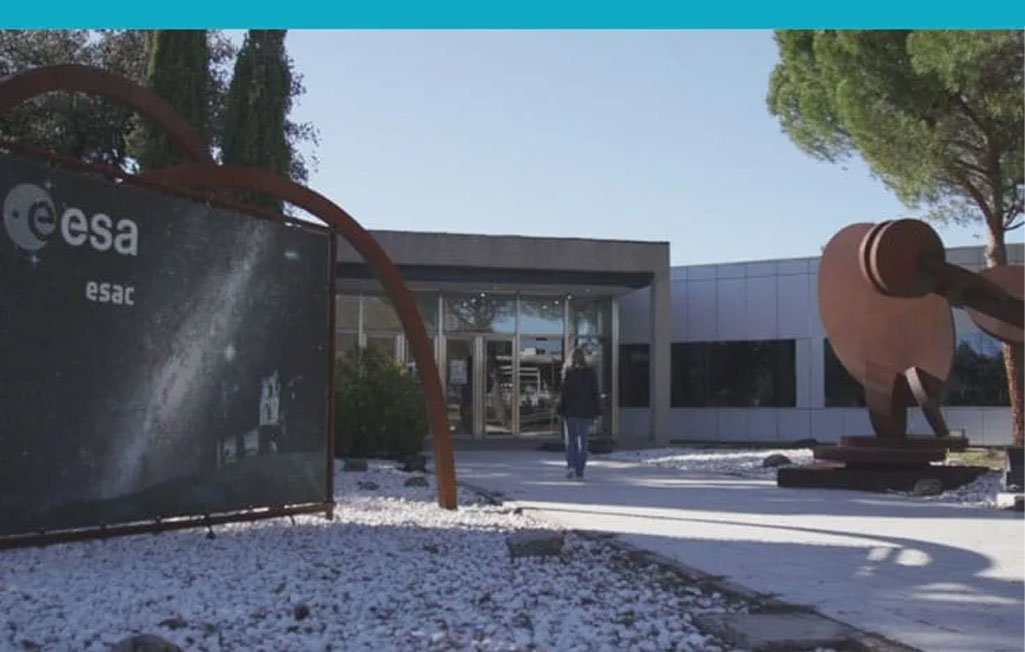In the Democratic Republic of Congo, an African Development Bank-funded agroforestry project is rebuilding biodiversity and enhancing livelihoods
In a farming community located in the south-central Democratic Republic of Congo, Dorcas Tshabu is turning a childhood dream into a reality. Situated 20 kilometers from the city of Mbuji-Mayi, Dorcas has transformed what was once a savanna into a flourishing forest with her hands and determination.
“It was all savanna around here,” she says, smiling. “But I have turned it into a forest, and did it with my own hands. Everyone who passes through here appreciates it, which makes me happy.” Dorcas, currently the president of the NGO Action pour la promotion et le développement intégral (APRODI), began planting the forest in 2021, covering 50 hectares of land and employing over 100 workers. “We employed people to help with weeding, sowing, the nursery, and other agricultural activities,” she explains.
Her efforts have not only changed the landscape but have drawn attention from leaders of officials, NGOs, and others interested in learning from her success. Her newly created forest features a field of acacia trees that has become an emblem of the province’s greenness and restoring natural habitat for snakes, monkeys, jackals, and several bird species.

“I thought that if I could recreate the forest, I could bring back what had been lost,” she says, reflecting on the return of biodiversity.
A Widespread Impact
Dorcas’s project is part of the larger Integrated Redd+Project, funded by the African Development Bank and the Climate Investment Funds’ Forest Investment Programme (FIP). The project, spanning Mbuji-Mayi, Kananga, and Kisangani, addresses the main drivers of deforestation and forest degradation across these regions. With €21.5 million in funding, the initiative is reviving ecosystems and supporting livelihoods.
Vital Kavuanda, who leads the NGO Union Fait la Force (UFF) in the village of Bena Mbala, recalls facing resistance when he first proposed planting trees on barren land. “Nobody believed in it,” he says. But now, 500 meters from his village, a thriving forest of acacia trees grows on land that was once unproductive. “My best memories are of the trees we have planted. I’m a happy man when I see animals returning to the farm and the abundant rain induced because of the forest.”
Vital is not alone in benefiting from this transformation. Emmanuel Nkita Bungi, a 37-year-old site manager at AGRIEL farm in Kasaï-Central, reflects on how Redd+Project has changed his life. “I got married thanks to this project. Now, I have a wife and two children. The project has been very positive for me,” he says. Emmanuel has also learned valuable skills in sustainable agriculture, agroforestry and beekeeping. Last year, he harvested several liters of honey from his beehives to sell in Kananga, Kasaï-Central’s main province.
The success of the project goes beyond just planting trees. According to project coordinator Évariste Kafumba Bukasa, afforestation efforts have achieved 87 percent of their target, while agroforestry has reached 83 percent. Local management committees were established in villages to involve communities in forest management, ensuring that residents are engaged in conservation and sustainable efforts.

In Kazumba, near Kananga, Alidor Mubiayi Pasua, President of the farming association, Tshau Katambayi, previously lived in a small house in the middle of the savanna that was destroyed by clay brick production. He shares how the project transformed the area: “The brick manufacturers cut down all the trees, and the forests here were gone.” However, with support from the African Development Bank, his association planted 50 hectares of acacia forest.
Alidor’s association has 20 farmers. Thanks to the environmental services payments it receives from the project, the local management committee has been able to involve the whole village in its activities. He has happy memories of a pig unit, a hencoop, and the forest, which produces caterpillars every year.
“The project has been a real success. People get lots of benefits from it. They gather wood for heating or building houses and no longer have to travel far to farm. They have the forest right behind their houses. It benefits everyone,” says Simon Dikebele Kebe, the project coordinator in Kasaï-Central.
Building a Sustainable Future
The impact of the project is felt far and wide. Across three provinces, 10,886 hectares of land have been reforested, with 3,073 hectares devoted to agroforestry. The initiative has also distributed 9,000 improved stoves across the three provinces to reduce reliance on wood for energy and promote sustainable practices. In total, 21,662 people, including 12,662 women, have gained access to jobs through the project, while 21,700 households have benefited economically.
“The integrated Redd+ project in the Mbuji-Mayi, Kananga, and Kisangani basins demonstrates how agroforestry can not only restore degraded ecosystems but also transform lives. By reforesting thousands of hectares, we are not only protecting biodiversity but also creating economic opportunities for local communities and reducing carbon emissions. The project is a fine example of Africa’s potential for combining sustainable development and climate resilience,” affirms Anthony Nyong, Director of the Climate Change department at the African Development Bank.
The project in figures
- 10,886 hectares reforested (including afforestation and agroforestry)
- 154,344 tonnes of carbon sequestered annually
- 21,662 jobs created, including 12,662 for women
- 9,000 improved stoves distributed to reduce wood energy consumption
- 3,840,000 trees planted
- 50,598 people trained in sustainable practices
- 21,700 households benefited economically
Discover more from sustainable future platform
Subscribe to get the latest posts sent to your email.




Post Comment